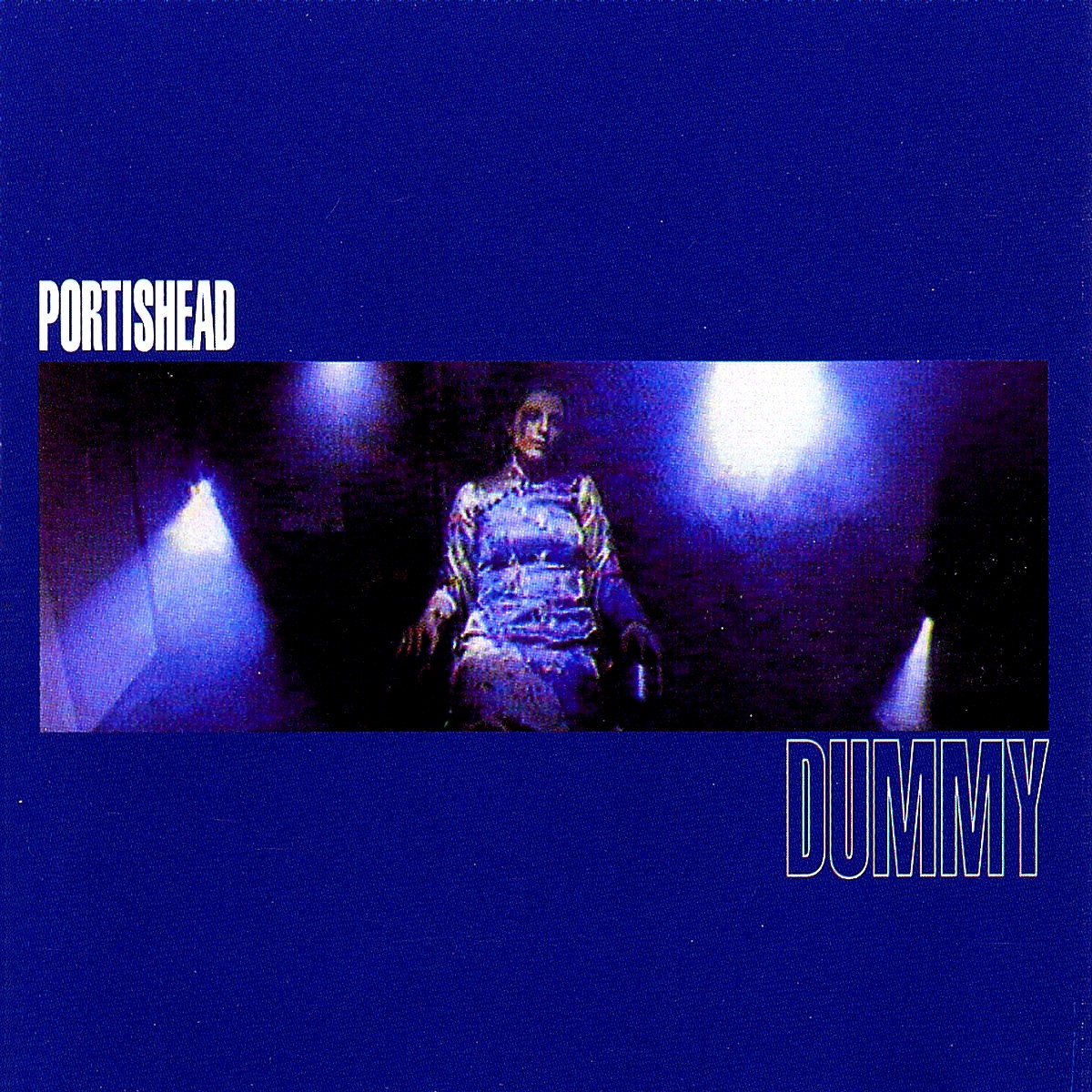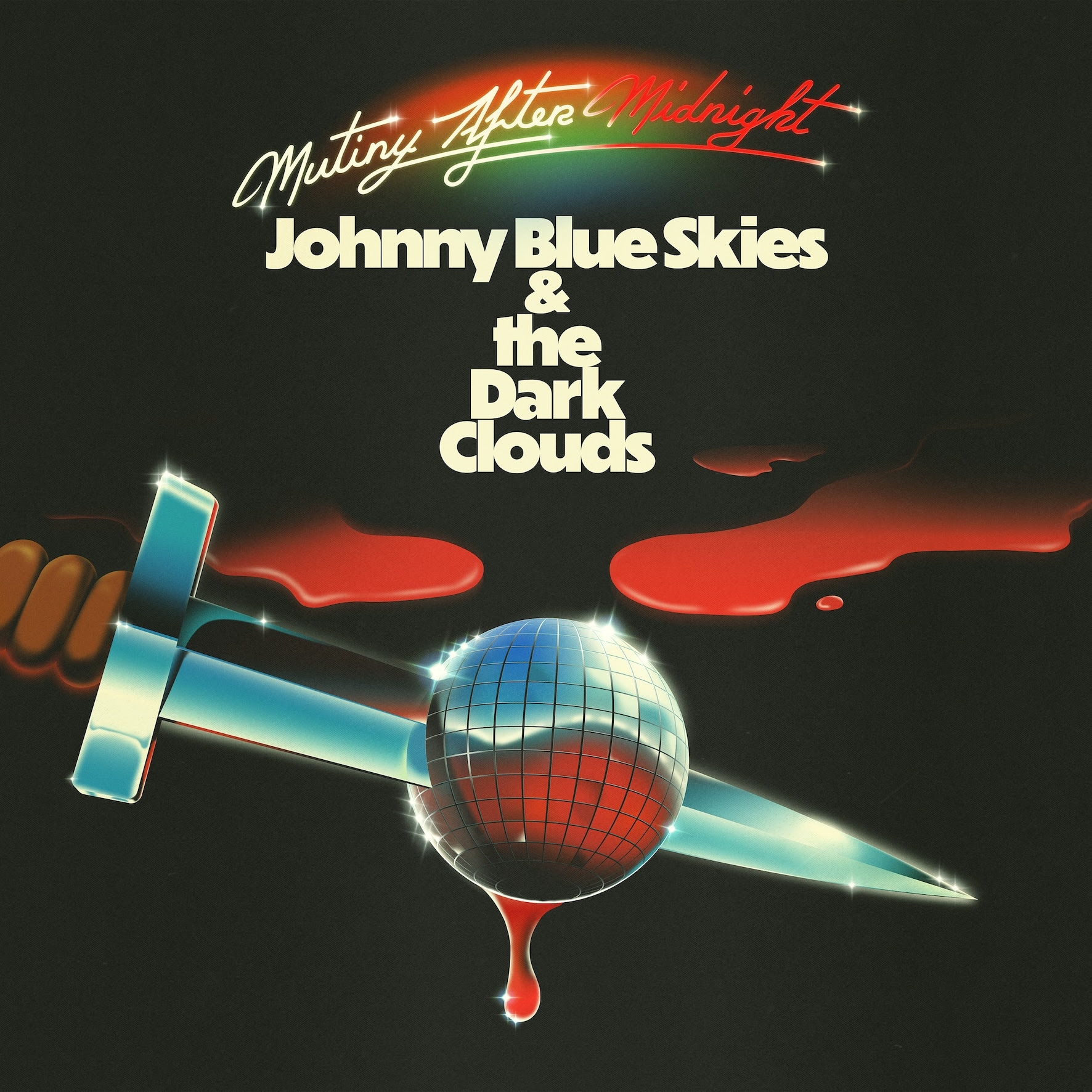There's a certain type of drum programming that lets you know that the world is a cold and unforgiving place, that nothing is going to be OK. It's the kind of drum programming you hear on three of the great bleak, depressive masterpieces of the mid-'90s: Mobb Deep's The Infamous, Raekwon's Only Built 4 Cuban Linx, Portishead's Dummy. In retrospect, it's weird as hell that Portishead got play on alt-rock radio stations, alongside Bush and Silverchair, when they'd really just made one of the greatest rap records of their era. Dummy had exactly zero rapping, but it was a rap record for sure. Geoff Barrow was a clear disciple of DJ Premier and the Bomb Squad and Pete Rock, but he also had that drizzly British sensibility that made his tracks feel vaguely gothic. Beth Gibbons sang with all the heartbreak and gravitas of a Mary J. Blige or a Toni Braxton. But she had none of their fire, and instead she had the sort of icy rural-English reserve that you could hear in the quieter parts of PJ Harvey's To Bring You My Love. When America's backpack-rap underground came into its own a few years later, many of the producers on that scene looked at Barrow and Gibbons (and Adrian Utley, the jazzhead guitarist who contributed to every song on Dummy and who became a full-fledged member after its release) with a certain reverence. These people understood, better than most rap producers, how to wring melancholic atmosphere out of cut-up shards of old records. Dummy sounds like an album absolutely out of time. And listening now, it's weird to think that the reaction to it was ever: Hey! Listen to this cool new sound!
We music critics love to sniff out scenes and shape music into narratives, and what was happening in Bristol in the early '90s presented a perfect opportunity for that stuff: Here was this loose crew of artists playing around with old music and rap signifiers and dub textures, using them to create this unbearably fashionable mood-music that seemed like the sort of thing ravers listened to on the cold morning drives home. (Maybe it was. I don't know. I wasn't there. I also wasn't a music critic 20 years ago, but I totally would've been doing this stuff if I had been.) Trip-hop, as the critical massive unfortunately came to call it, was supposed to be the music of the future; witness, for instance, Tricky's role in The Fifth Element as "guy who gets blown up." It's an understandable way of looking at what was happening with this Bristol scene, which seemed to have no precedent at the time. But then a spectral masterpiece like Dummy ends up getting short shrift, becoming a paragraph in a trend piece. Portishead were from Bristol, just like Massive Attack and Tricky, and Barrow did have some connections to the Wild Bunch crew. But even though there were surface similarities to what those other artists were doing, Barrow and Gibbons succeeded in coming up with a sound that belonged to them entirely, a sound that outlived its context.
On paper, nothing Portishead did really made sense. They took the themerins from '50s horror movies and the twangy guitars from '60s spy movies, sounds that had been there to help trigger an instinctive adrenal response, and turned them into downbeat hymns. They took the record-scratching from New York rap -- Barrow's timing on the turntables was as close as anyone else came to DJ Premier-level perfection -- but drained it of all hardness. They used breakbeats the way jazz bandleaders used brushstroke drums, letting them whisper instead of thwack. Even when the drums were loud, the way they were on "Strangers," they weren't there to crush. Gibbons had some chilly Billie Holiday poise in her voice, but she also had the ancestral sadness of a British folksinger like Fairport Convention's Sandy Denny. Her lyrics were self-pitying wallows of a type that Robert Smith would have to salute; when she wailed "nobody loves me, it's true" on "Sour Times," her follow-up -- "not like you do" -- felt like an afterthought. These were songs about absolute crushing romantic desolation, about wrapping yourself in misery. And yet they somehow became an entire generation's greatest makeout soundtrack. I don't know why or how Dummy worked like white-people Jodeci, but it sure as hell did.
That Portishead sound was deceptively simple, and plenty of people tried to recreate it -- I'm thinking of the Sneaker Pimps, or Morcheeba -- but nobody quite got it right. Portishead more or less left that sound alone after that first album. They spent three years recording their self-titled follow-up, and it felt like forever, especially as word leaked out that Barrow was putting together his own orchestral spy-movie soundtracks just so he could sample the things. Portishead moved from that Dummy sound into something darker and headier, something that had less to do with breakbeats and wickety-wickety scratches. But it was a quickie follow-up compared to Third, which came out 11 years after Portishead and which left behind Portishead's old sound completely switching up its style on every track and embracing punishing electro and doom metal. So that original sound was a flame that burned bright and fast. We didn't know it was happening at the time. It took a while for the album to attain dorm-room-fixture status. But listening to it now, it serves as, among other things, a lesson: Don't neglect something because of where it fits into the narrative that you've already concocted for it. It might turn out to be more resonant and important than you know. Now, let's watch some videos.
[videoembed size="full_width" alignment="center"][/videoembed]
[videoembed size="full_width" alignment="center"][/videoembed]
[videoembed size="full_width" alignment="center"][/videoembed]






